Nordic Power Systems (NPS, Oslo, Norway) and SAFCell, Inc. (Pasadena, CA) have signed a development contract, under which SAFCell will develop and deliver solid acid fuel cell (SAFC) stacks for incorporation into NPS’ diesel auxiliary power units.
Over an 18 month period, SAFCell will develop and test 1.2 kW SAFC stacks that are highly optimized for use with NPS’ proprietary cool flame diesel reformer. Combining these two advanced technologies will result in lighter, quieter, less costly, and higher performing diesel fuel cell systems that NPS plans to market for both mobile and stationary auxiliary power applications.
Fuel cell systems convert energy from fuels into electrical power. At the core of each fuel cell is a special material, called the electrolyte, which allows the production of electricity through efficient electrochemical processes, as opposed to typical fuel combustion. The composition of the electrolyte differentiates one fuel cell type from another.
As a result of this development contract, NPS and SAFCell will hold exclusive license to patented solid acid electrolyte technology, developed at the California Institute of Technology by SAFCell’s founder and CEO, Dr. Calum Chisholm, in collaboration with other Institute scientists.
NPS develops efficient, environmentally friendly fuel cell power packs that enable nearly silent and emission-free power generation from commercially available fuels. NPS’ cool flame reformer innovation allows for onboard, on-demand diesel or biodiesel reforming in fuel cell systems, thus opening a variety of markets for fuel cell applications. As a preparation for commercial introduction of the power packs, NPS is currently delivering its first demonstrators to selected partners.
SAFCell, Inc. develops scalable solid acid fuel cell stacks for applications requiring tens of watts to tens of kilowatts. Operating at mid-range temperatures around 250°C, SAFCell’s stacks tolerate fuel impurities that pose obstacles to other fuel cell technologies. This allows SAFCell stacks to run more easily on commercially available gas fuels (e.g., propane and butane) or liquid fuels (e.g, methanol, diesel and bio-oils), greatly reducing the overall fuel cell system complexity and cost.
